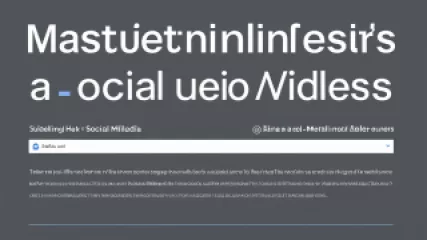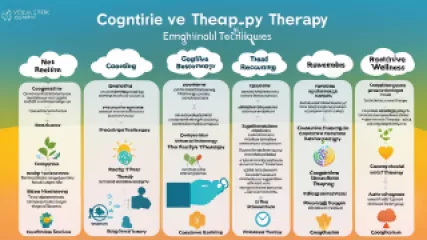Uncovering the Power of Virtual Narrative Therapy Sessions
1 year ago
Narrative Therapy
Master Coping Strategies for Pain: A Step-by-Step Guide
1 year ago
Psychology of Pain
Mastering Mindfulness: A Step-by-Step Guide for Social Media Users
1 year ago
Social Media Impact
My Journey to Understanding My Attachment Styles
1 year ago
Attachment Styles
The Ultimate Guide to Overcoming Loneliness
1 year ago
Loneliness
My Journey to Sharpen My Intuition
1 year ago
Developing Intuition
My Journey to Embrace Mental Wellness Workshops Online
1 year ago
Mental Wellness
Navigating the End of a Relationship: A Step-by-Step Guide to Finding Support
1 year ago
Coping with End of Relationship
10 Best Cognitive Therapy Techniques for Emotional Wellness
1 year ago
Cognitive Therapy
Expert Insights: Mastering Time Management Through Psychology
1 year ago
Psychology of Time Management
Combating Depression in Elderly: An Expert Interview
1 year ago
Depression in Elderly
The Profound Benefits of Music Therapy for Mindfulness
1 year ago
Music Therapy Benefits
Therapy Basics: What You Need to Know to Get Started
1 year ago
Therapy Basics
How to Cope with Phobias: Key Skills and Strategies
1 year ago
Phobias
My Journey to Overcoming Self-Sabotage
1 year ago
Understanding Self Sabotage














